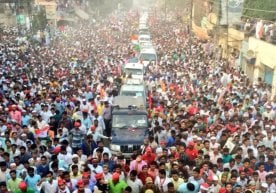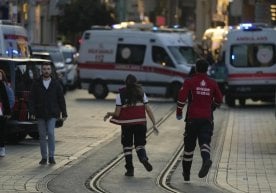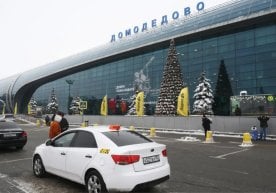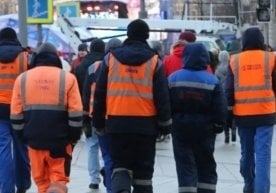Did Israel try to assassinate the Iranian president?
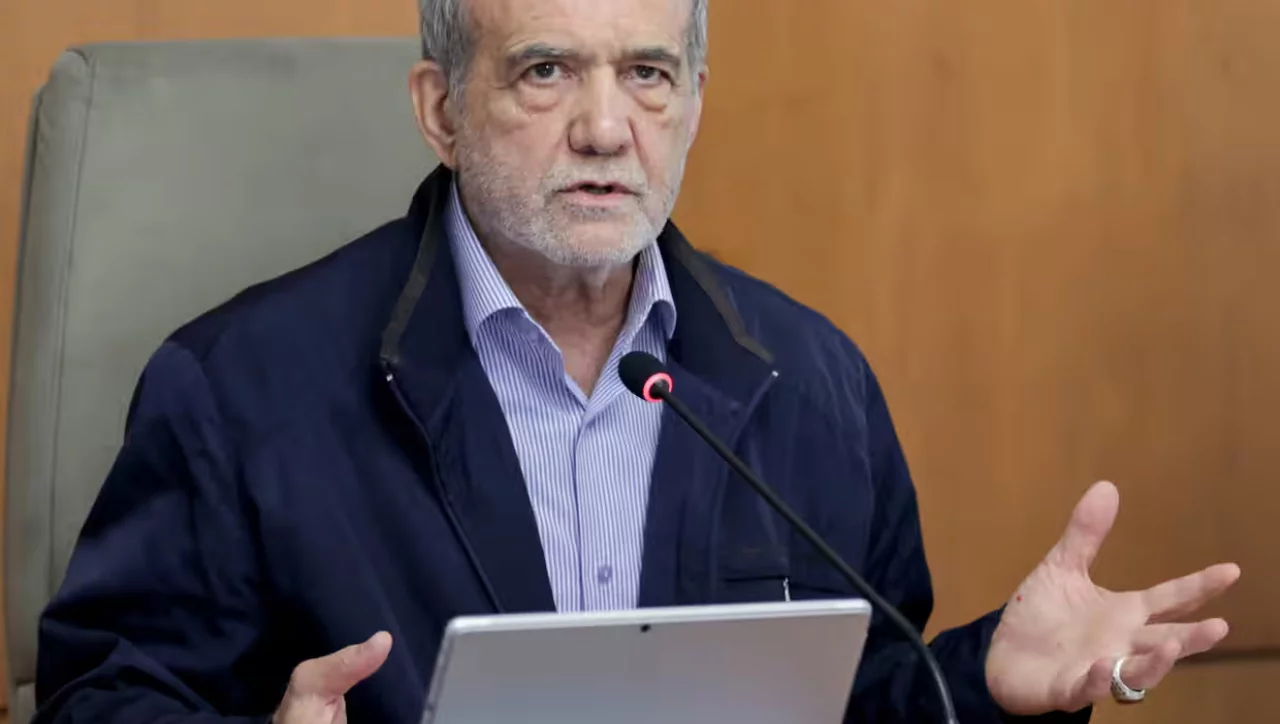
Iranian President Masoud Pezeshkian recently made a statement that shocked the world community during his interview with American journalist Tucker Carlson: he confirmed that there was an attempt on his life by Israel. According to him, a bomb was dropped on the area where the meeting was taking place, but the attack ended unsuccessfully.
"Yes, they tried. They acted, but they did not succeed," Pezeshkian told Carlson in the interview, speaking through a translator. This interview was one of the Iranian president's first talks with Western media after the 12-day war between Israel and Iran.
In the interview, President Pezeshkian said: "It was not the US. Israel is behind this assassination attempt. I was at the meeting... they tried to bomb that area specifically," he emphasized. He revealed details of such an attack for the first time, but did not specify whether it happened during the war or at another time.
This statement is reminiscent of former US President Donald Trump's earlier comments, in which he said he had dissuaded Israel from assassinating Iran’s 86-year-old Supreme Leader Ayatollah Ali Khamenei. After almost three weeks of public absence, Khamenei recently appeared at a religious ceremony in Tehran. Previously, he had appeared online, looking pale but appearing unshaken.
The attempt on Pezeshkian demonstrates that Israel intends not only to weaken Iran’s military and nuclear capacity, but also to eliminate its political leadership. During the 12-day war, Israel and the US announced the destruction of three key Iranian nuclear facilities and the killing of more than 30 high-ranking security officials and 11 nuclear scientists.
At the same time, Pezeshkian and Foreign Minister Abbas Araqchi continue to move freely in public. The president participated in a summit in Azerbaijan, and Araqchi visited Brazil, Egypt, and Moscow on official visits.
In the interview, Pezeshkian emphasized: "We did not start this war and we do not want it to continue. My presidential campaign slogan was to strengthen national unity and friendship with our neighbors."
When asked about the possibility of returning to nuclear negotiations, he said: "We are not against restarting negotiations. But how can we trust the US? What if Israel is again allowed to attack during negotiations?" he expressed doubt.
He also denied that Iran had ever planned to kill Trump. In response to Carlson’s question about whether International Atomic Energy Agency (IAEA) inspectors would be allowed back into Iran, Pezeshkian said:
"At the moment, we do not know how badly our nuclear facilities have been damaged. They have suffered very serious damage. If the situation improves, we will consider inspections. But the IAEA’s silence in the face of such attacks, which are against international law, has created distrust among Iranians."
This statement will undoubtedly create a stir in the international community. An open accusation against Israel may further aggravate Iran-Israel relations.
In short, Pezeshkian’s open statement demonstrates not only how seriously Iran is under threat from a security perspective, but also how delicate the regional political balance is. Now international politicians and analysts are watching how these events will affect future diplomatic processes.
According to Zamin.uz analysis, this incident demonstrates not only Iran’s internal political resilience, but also how much the security situation in the region has deteriorated. Now, it is a big question what steps Western and regional states will take to ease this tension. Read “Zamin” on Telegram!
Ctrl
Enter
Found a mistake?
Select the phrase and press Ctrl+Enter 














